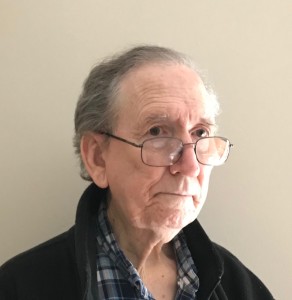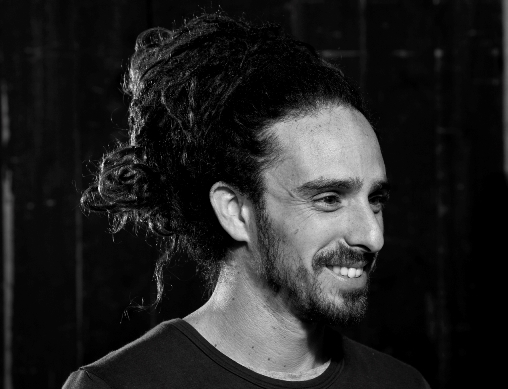Samuel Taylor Coleridge wrote of “the willing suspension of disbelief” as being necessary to the enjoyment of a dramatic or literary work. The auditor or reader, he said, has to suspend disbelief if he is to enter the world of the writer.
I would argue that the suspension of disbelief is even more essential for the fiction writer than for the reader because without it, no writer can achieve intensity in his work. If the lukewarm breath of the life immediately around him impinges too much on the writer’s mind, his work will languish limp and lifeless on the page. And this is not to say that “real” life should not be part of the author’s vision; rather, sensible things, and the life within sensible things, must be held in close harmony with the suspension of disbelief necessary to create a vivid and intense imaginary world. Since I cannot quote from one of my contemporaries without getting permission, I shall use a passage from one of my own stories to demonstrate what I mean:
Surely there had been a time, an hour, when Russell had idealized his daddy—believed him great among men. In fleeting moments he still did so. Daddy could talk, oh Lordy how he could talk! He knew some big words and launched them forth at the supper table for twenty minutes together. He was full of theories about the world, and sometimes his notions came out at breakfast, too. Also, he made whatnots and bookcases and, with great toil, could fix the pump or pull long pipes out of the ground so a man sent by Mr. Johnson could deepen the well. He could whistle a special way that he had learned from a movie; he did his whistle when he came home from work each evening, to let his family know he was walking up out front. In days gone by, Russell and his sisters would hear the three notes and run joyfully to meet Daddy in the yard.
But: You’re no kind of man, people just run all over you! When Mother lit into Daddy, she always won because of the things she said and the names she did not quite call him. He could not take up for himself, she said. He was the sole shield between his family and a grasping, mean, and heartless world, but the shield was weak. Then Daddy’s voice rose to a high, wounded falsetto, and he jumped and hollered. Nobody listened to him, he said. He got no respect in his own household because his wife undermined his authority. “Nothing I say counts for anything, not even to the children!” he cried. Then he went out into the yard and found work to atone for being powerless. “I know, Eloise, I’m a damned dog that shouldn’t be allowed to live,” he cried as he rushed out the door. Working in the yard, he talked to the air. “Just a damned dog, and I don’t deserve to live.”
When I wrote that story, I was able to block out all of the “real” world except for those things that gave life to the story. Think of the intellect as a colander straining reality for the kernel of life that your story will reveal. With all of the sensible world except that belonging to your story held at bay, you can achieve the suspension of disbelief necessary for intense prose. The reason for this is that you burrow into your own mind, where alternate worlds exist, and can immerse yourself deeply in your story.
I hope I have not simply stated the obvious. If so, perhaps it needed to be said anyway.
 David Massey has a Masters Degree in English Literature After 1660 from The University of South Carolina and, while there, took creative writing classes under George Garrett and James Dickey. He turned rather belatedly to an earnest engagement with the craft of fiction but has made progress of late. In 2017 he had two short stories published. He is married, with five children and seven grandchildren.
David Massey has a Masters Degree in English Literature After 1660 from The University of South Carolina and, while there, took creative writing classes under George Garrett and James Dickey. He turned rather belatedly to an earnest engagement with the craft of fiction but has made progress of late. In 2017 he had two short stories published. He is married, with five children and seven grandchildren.



